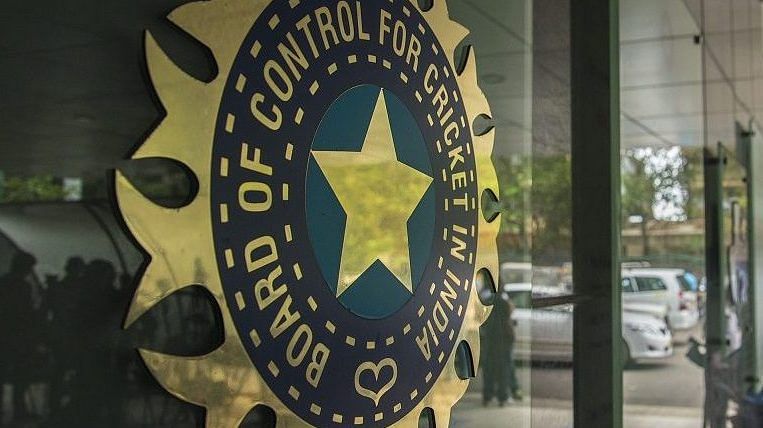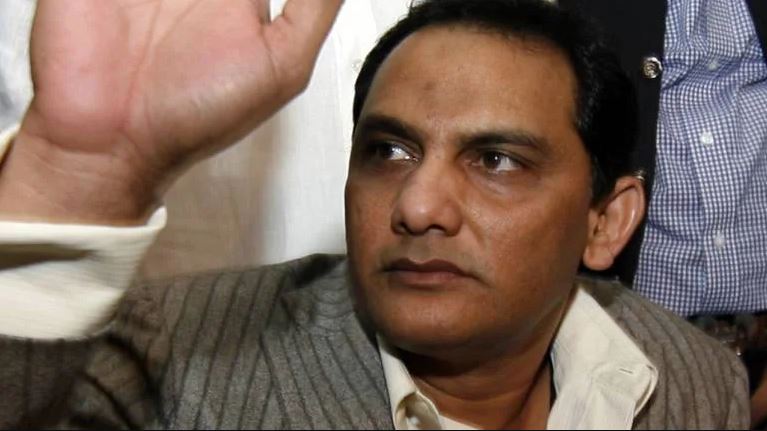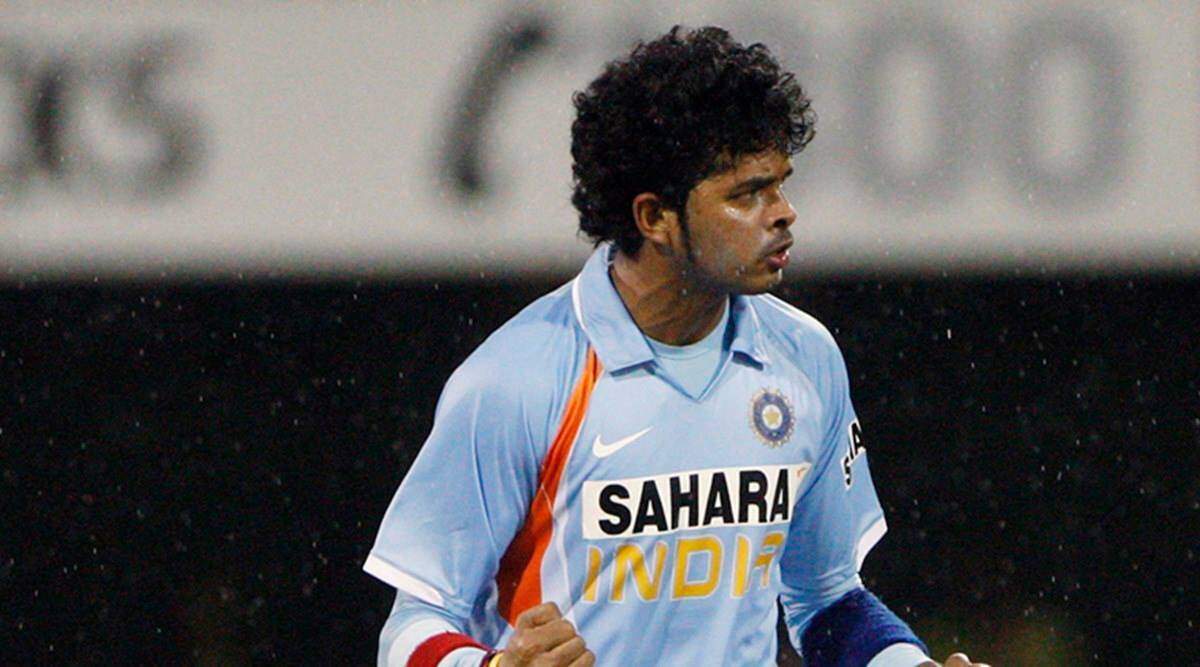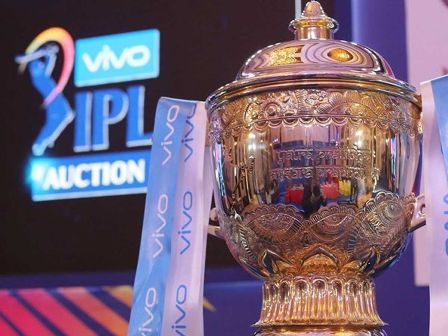IPL 2020 is going to be comparatively more secure than the previous editions of the Indian Premier League according to the head of ACU for BCCI. The head of the Board of Control for Cricket in India’s (BCCI) Anti-Corruption Unit (ACU), Ajit Singh, believes that the 2020 edition of the IPL, is going to be safe because of the bio-secure environment.
The Indian Premier League featuring many former and current international cricketers besides local and domestic ones was introduced in 2008 and has been extremely popular with the fans coming out in large numbers.
But, everything changed in 2020 which gave a jolt to common people with the coronavirus pandemic taking place claiming thousands of lives across the globe resulting also in restrictions and lockdowns imposed by various states as they fight against the pandemic.

IPL 2020 Will Be Comparatively More Secure Than Previous Editions: ACU Chief
The Indian Premier League was also postponed as a result and will be held abroad in the Emirates besides following strict guidelines featuring players and team management in biosecure bubbles to keep COVID-19 away.
“One can’t say whether it is going to be the safest one, but definitely it is going to be better from the anti-corruption point of view because there is going to be no interaction between the teams, support staff, and outsiders. This season is going to be comparatively more secure. But, still, it is not (going to be) foolproof thing,” ESPNcricinfo quoted Singh as saying.

The 13th edition of the IPL 2020 will be played for 53 days, from September 19 to November 10, across three venues in the UAE — Abu Dhabi, Sharjah, and Dubai.
IPL 2020: Betting Market Will Be Monitored Strictly
Initially, the IPL was slated to begin on March 29, but it was postponed due to the coronavirus pandemic.
Singh further stated that “They throng around the hotel, keep sitting in the hotel lobby, come as sponsors asking players to become brand ambassadors, which is basically a cover [for corrupt activity], so that sort of a thing would be avoided this time.”
However, Singh said players could be approached through social media like Facebook and Whats App besides several websites constantly in the news for trolling important personalities.
Hence anti-corruption norms will have to be strictly followed so that no communication of illegal corruption takes place as players and support staff must adhere to the guidelines.
“Instead of person-to-person communication or direct face-to-face communication, there could be communication through social media. If somebody approaches me on Facebook and then it starts as an innocent post coming from a fan, ultimately if you find that there is some possibility of being able to compromise the person you might make an attempt. So we have to continue with the [anti-corruption] education,” he said.

Match-fixing first surfaced in 2000 when South African captain Hansie Cronje admitted throwing matches and was subsequently banned and named others like Pakistan’s Saleem Malik, India’s captain Mohammad Azharuddin and Ajay Jadeja besides South African Herschelle Gibbs and Nicky Boje.
The other challenge Singh feels would be the betting market as he said, “We would be monitoring the betting market, how the betting market is going, does it give suspicious trends. And one has to keep the informers active and then also monitor social media.”
Match Fixing played its part in IPL too as in 2013 S Sreesanth, Ankeet Chavan and Ajit Chandila were banned and arrested by Delhi police for spot-fixing. All three were part of Rajasthan Royals team. S Sreesanth who had represented India as well was finally free after the Supreme Court lifted the life ban imposed on him by BCCI in March 2019.

Rajasthan Royals team co-owner Raj Kundra was also suspended from IPL by BCCI in 2013 and Gurunath Meiyappan a top official of Chennai Super Kings also son in law of then BCCI president N. Srinivasan was also arrested and both the franchises Chennai and Rajasthan were banned for two years
